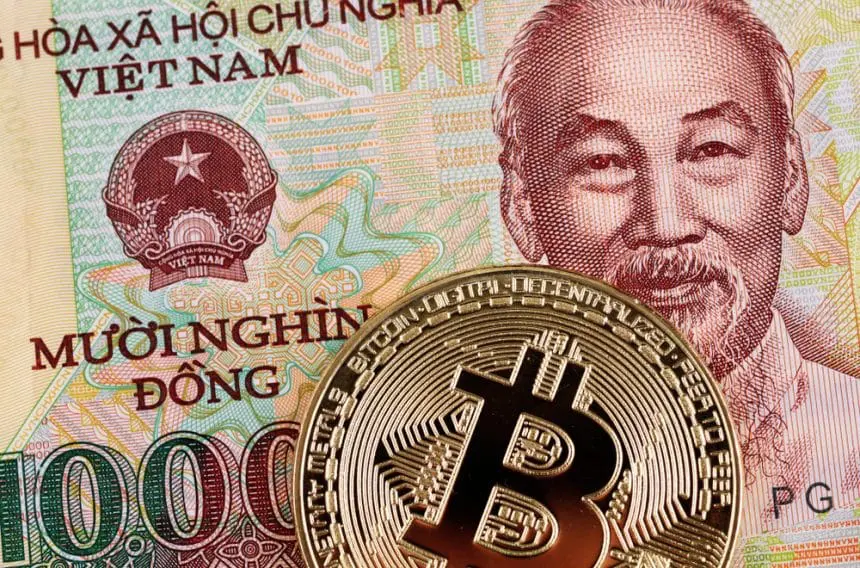Many South Korean blockchain developers and cryptocurrency exchanges are moving to Southeast Asian countries such as the Philippines, Vietnam, and Indonesia.
These countries are emerging as promising markets for cryptocurrencies because these Asian countries have yet to develop financial infrastracture and credit card usage is quite low.
As a way of overcoming the outdated financial infrastructure, cryptocurrencies are an attractive alternative.
A South Korean blockchain developer said, “We are opening a business in Vietnam.” He said in Vietnam; nearly every adult has smartphones although not all of them have bank accounts or use credit cards. Thus, they can use cryptocurrency through smartphones, he added.
Vietnam boasts of the population close to 100 million, but only 30 percent of the people use banking services. The four largest banks control 70 percent of the banking market. However, 53 percent of its citizens used smartphones last year, a sharp jump from 35 percent in 2015.
Korea’s cryptocurrency exchange Upbit has already built sites in Thai and Indonesian languages although it has yet to open the sites. An Upbit executive said cryptocurrency business would grow faster in these countries where plastic card usage is below the global average. Many of local citizens still prefer cash over credit cards.
The Manila government has officially accepted cryptocurrencies as a medium of payment as many of its citizens overseas remit home funds in cryptocurrencies.
Also, the Philippines has no unified personal identification card like South Korea’s resident card. Thus, its citizens have difficulty in gaining access to banking, insurance, and other financial services. The Philippine government announced that it would introduce the ID card from next year, but the introduction of the ID card would not immediately activate the financial transactions nationwide.
In the Philippines, 70 percent of its people are likely to use smartphones by the end of this year.
.




